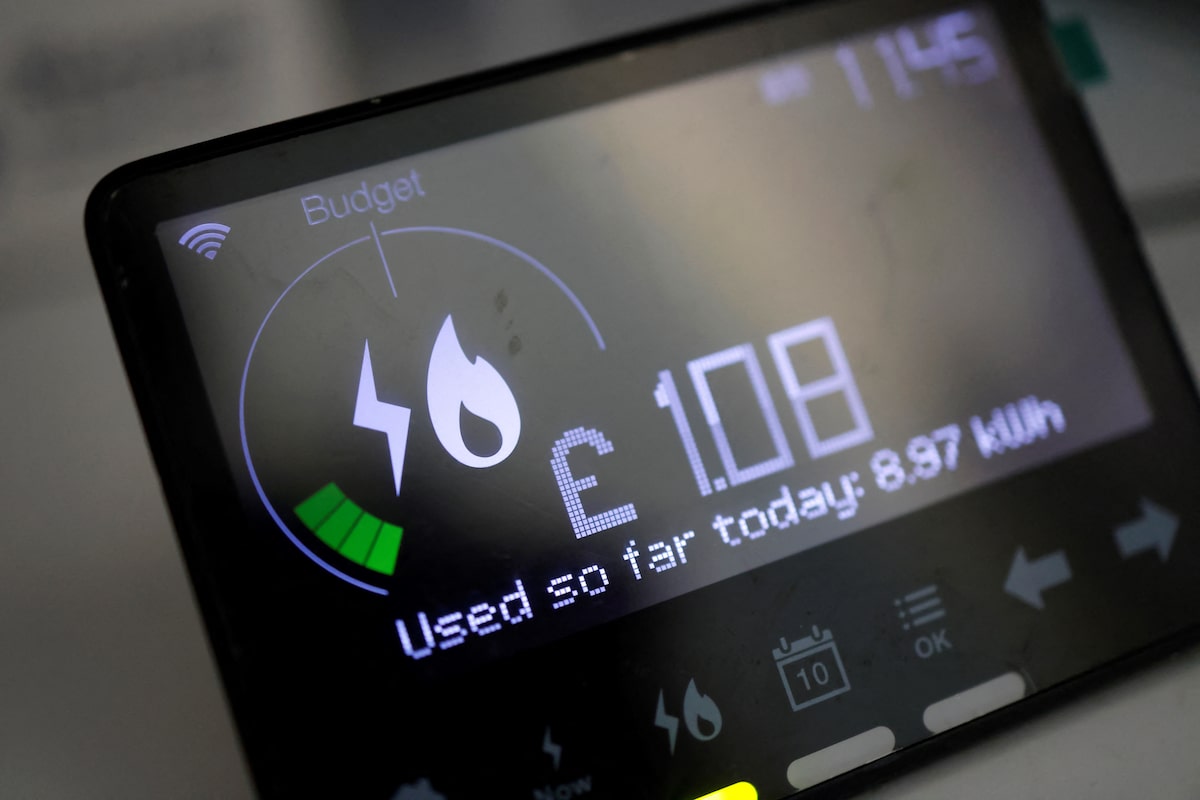Energy Challenges and Access Deficit
Navigating Nigeria’s energy paradox involves tackling access deficit and fossil fuel dominance. Over 620 million Sub-Saharan Africans lack electricity, emphasizing the urgency for affordable and sustainable energy solutions. Despite abundant resources, Nigeria grapples with energy theft, corruption, and over 100 million citizens living without electricity.
Clean Energy Transition: Implications and Slow Adoption
As Nigeria aims for carbon reduction, the dominance of carbon-intensive energy consumption poses challenges. Slow adoption of renewable energy technologies hampers decarbonization efforts. A strategic shift to cleaner energy sources is crucial to mitigate climate change impacts.
Energy’s Role in Sustainable Development Goals
Energy poverty significantly affects health, education, and food security, hindering the achievement of Sustainable Development Goals (SDGs). Clean energy availability improves living standards, particularly for women, major consumers of electricity. Addressing energy poverty is pivotal for holistic development.
Policy Interventions: Unlocking Nigeria’s Energy Potential
To overcome Nigeria’s energy crisis, policy interventions must incentivize clean energy adoption while discouraging fossil fuel reliance. Solar photovoltaic systems offer promise, and decentralization of the energy system can enhance national resilience. Comprehensive strategies involving research, development, and effective policies are essential for sustainable progress.
Source:premiumtimesng.com





